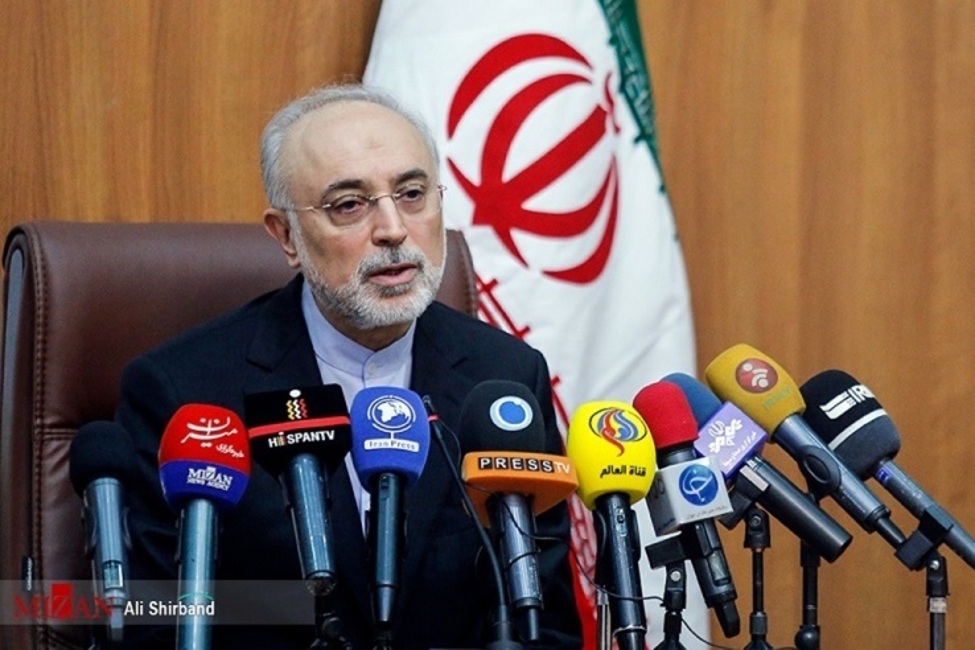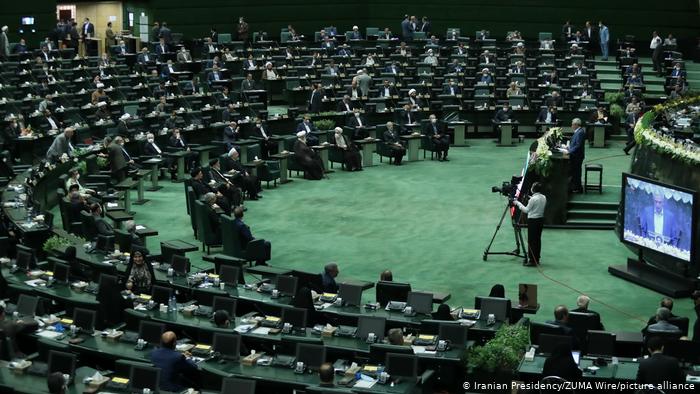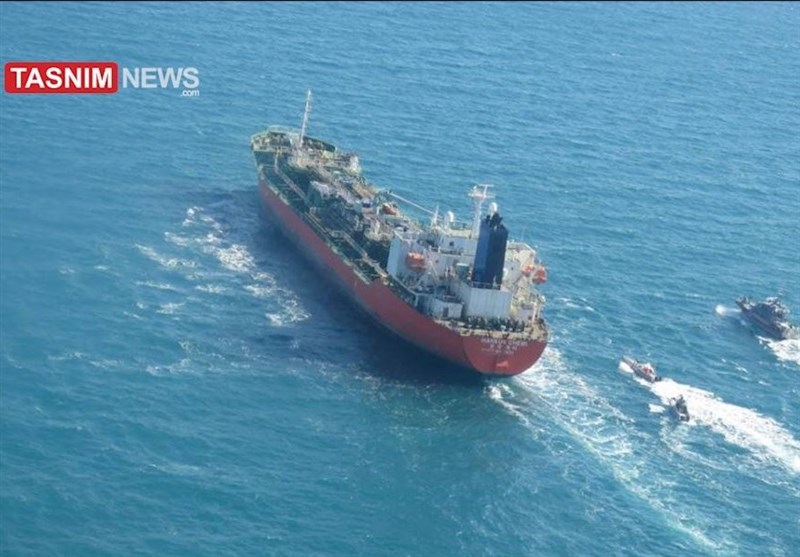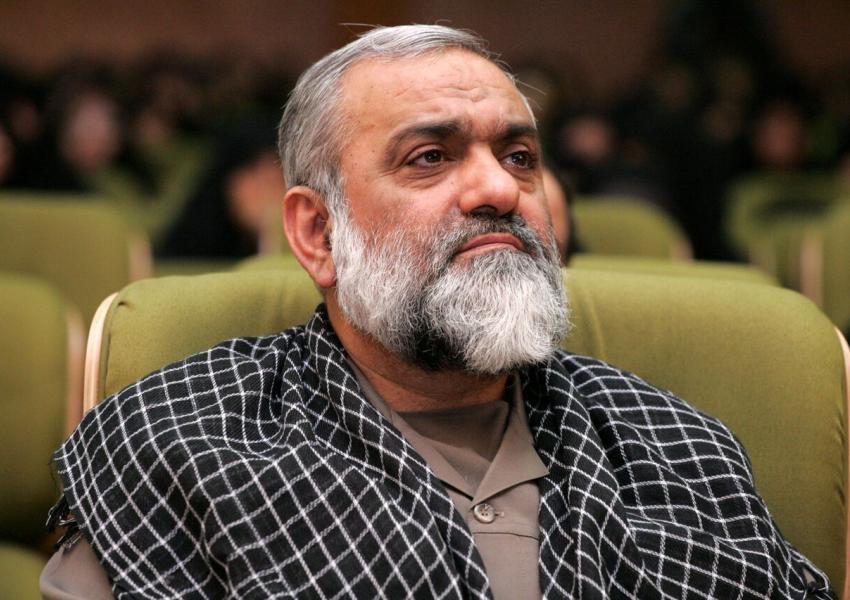
Workers’ Livelihoods
The editorial of Aftab Yazd focuses on workers’ livelihoods, urging that, as it is, this large significant group is struggling to meet their basic needs. The government must take immediate measures to tackle this issue.
These days, as a result of soaring inflation, workers’ lives have been impacted by economic crises, and their salaries and wages are far below the poverty line. Many cannot even afford to buy food, while subsidies do not cover even a small part of their needs.
Workers constitute a large part of the society. Economic activities consist of agriculture, industry, and services. All the burden of the first and the second types of economic activities are on workers. As such, they form a huge part of the society, which makes it all the more important to ensure that they are able to earn an adequate income.
It has been said that workers’ salaries and wages will be amended twice a year, which is a good thing. It is absolutely necessary to support workers’ livelihoods; if not, this will increase the possibility that they will protest.
Currently, there is no balance between workers’ living expenses and their salaries and wages. According to statistics, 35 percent of Iranian people cannot afford to consume meat. Due to livelihood concerns and malnutrition, many workers are just physically present at their workplace, while their minds are not focused on the job.
This results in a decrease in production and productivity and adversely affects economic activity. Consequently, the government must address the issue of workers’ livelihoods. Today, workers can no longer continue to live off their low salaries and wages.
“Reformists” Must get Their Act Together Regarding the Upcoming Presidential Election
The editorial of Arman Melli, penned by former “reformist” lawmaker Gholamali Jafarzadeh Imanabadi, urges that Iranian “reformists” must organize themselves for the upcoming presidential election in 2021 as their defeat would be very costly. It must be stressed that the “reformists” must not become passive, because the performance of the current hardline Parliament indicates that difficult times are ahead for the country in the coming years.
With low voter turnout in the parliamentary election in 2020, a hardline Parliament was formed, and the “hardliners” won the election with minimum votes. Now this Parliament is ratifying laws that are to the people’s disadvantage.
The “reformists” must accept that people think that their participation in the election has no impact on their future. This attitude must change, and the “reformists” must enter into a realistic dialogue with the people. As such, people will be encouraged to take part in the election; people must know that if they don’t participate in the election, they will pay dearly for it. People must never give up on the election, or else what happened in the last parliamentary election will happen again.
What has happened to the elders and leaders of the “reformist” movement? Why aren’t they taking any measures for the 2021 presidential election?
The “reformists” must get their act together for the upcoming presidential election and reach a consensus over a popular candidate who can solve people’s problems. Otherwise, they will regret their decisions and mistakes for the next four years when a “hardline” president is elected.
Moving in the Opposite Direction of the Resistance Economy
The editorial of Mostaghel daily focuses on why next year’s budget bill cannot help in achieving the goals set in the so-called “resistance economy.”
The strategic policy of the resistance economy – which has been adopted since 2013 on the order of Iran’s Supreme Leader Ali Khamenei – aims at neutralizing the unfair pressure on Iran’s economy due to sanctions. By following this plan, which includes reforming the public budget and slashing public expenses as well increasing the annual share of the National Development Fund to reduce the economy’s dependence on oil revenues, Iran can realize the vital goals of this plan. But it seems that during the past years, particularly after 2016, Iran has distanced itself from this great goal.
According to the Supreme Audit Court’s report regarding last year’s budget deduction, slashing $3.5 billion from $50 billion allocated to importing essential goods, the soaring prices of these goods, not implementing 60 percent of the 2019-2020 budget, and not achieving tax goals set in the public budget show the failure in realizing the large-scale goals of the resistance economy. On this wrong path, one can also point to tax evasion and the controversial cases of privatization.
According to the Supreme Audit Court and the Parliament’s Research Center, next year’s public budget deficit is respectively 195,000 billion tomans and 320,000 billion tomans, which will negatively impact employment, social welfare, inflation, production, etc.
With growth in the government’s expenses in recent years, particularly in next year’s budget bill, as well as a 41 percent budget deficit in next year’s budget, the only way for the government will be to sell assets and properties and take loans from banks, which will impact the next government and society. To cover its expenses, the government has to turn to taking loans and printing banknotes.
This makes it necessary for the Parliament to send next year’s budget bill back to the government. The level of the dependence on oil compared to the last three years has significantly increased and there are many ambiguities in the way the government plans to use the National Development Fund next year.
Given all these circumstances, it is impossible to achieve the goals of the resistance economy.
Can Iranian Officials Defend Their Performance?
The editorial of Jahan Sanat slams Iranian statesmen and officials for failing to do their jobs for the past four decades and not meeting the basic needs of the Iranian people.
Can anyone deny widespread poverty, unemployment, and economic, social, political and cultural failings during the past 40 years? Who has imposed these problems on the people? In a country where the economy is heavily controlled by the government, people consider the government responsible for meeting its demands.
But the government itself evades responsibility. Everybody knows that the government has not taken any measures for creating jobs, incomes, and ensuring the welfare of the people. Even though the law must restrict the government’s intervention in the economy, the Constitution itself allows the government to intervene.
The politicians’ work is not justifying wrong policies; rather, it is their duty to take steps to deal with these problems and to ensure the welfare of the people. Whenever Iranian officials report to the people, they keep talking about the blights and hardships they have to deal with, instead of saying which measure they have taken to deal with the problems. People are not interested in listening to officials recounting the blights and hardships that exist in the country. Rather, they want to know what has been done to create welfare for all citizens and how they have benefitted from those measures.
Obviously, the lack of interaction with the world damages the country’s progress, US sanctions have aggravated the situation. But that is no justification for the officials’ poor performance. People expect US sanctions to be lifted and the problems to be overcome. They don’t want to hear lame excuses in this regard.
But the poor performance by statesmen is not just limited to foreign policy. As for domestic policies, consider the issue of housing which is one of the most basic needs of each and every human being. While the officials and authorities have made glorious palaces for themselves and their families in and out of Iran, Iranian people cannot even dream of having a shelter for themselves and their families. That is in addition to that fact that more than 70 percent of the people are living under the poverty line.

Iran Begins 20% Uranium Enrichment: Israel Warns, China Demands Restraint, Japan Expresses Concerns

Iranian government spokesman Ali Rabiei announced that the country has resumed 20 percent uranium enrichment at the Fordow nuclear facility – an announcement which provoked immediate reactions from different countries.
Rabiei said the new measure was taken after the Parliament’s ratification, adding that although the government does not consider this ratification expedient, “it finds the Parliament’s law binding and will abide by it.” Rabiei noted that President Rouhani issued an order to start the 20 percent enrichment recently, saying the IAEA has already been notified in this regard.
Furthermore, Behrouz Kamalvandi, spokesman for the Atomic Energy Organization of Iran (AEOI), pointed out that by adopting new technologies, his country has reduced the time for producing 20 percent enriched uranium to 12 hours. Previously, the Head of the AEOI Ali Akbar Salehi had stated that Iran was ready to start producing 20 percent enriched uranium. “We are soldiers of the establishment and our hands are on the trigger; if the commander orders, we can start the work immediately,” Salehi remarked.
Meanwhile, Israeli Prime Minister Benjamin Netanyahu said this shows that the Iranian government intends to “develop a military nuclear program” and warned that Israel would not allow Iran to develop nuclear weapons. Moreover, China urged the United States to return to the JCPOA, while asking all parties to exercise restraint, adhere to their commitments and avoid taking measures which might intensify tension. Japan, too, expressed concerns over Iran resuming its 20 percent uranium enrichment. Japanese Chief Cabinet Secretary Katsunobu Kato said his country has “strong concerns” about Iran’s recent move “which is a breach of a nuclear agreement.”
Disregarding all warnings, Iranian officials keep saying they are not after a nuclear bomb. Abbas Araghchi, political deputy at Iran’s Foreign Ministry, said enriching 20 percent uranium “does not mean acquiring nuclear weapons.”
Parliament Proposes Bill to Boost Budget for IRGC Quds Force to Avenge Soleimani’s Killing

Iranian Parliament members have proposed a bill to increase the budget of the IRGC Quds Force to avenge the killing of Qassem Soleimani who was killed in a US drone strike. Lawmakers have urged that this funding should be provided from non-oil exports to Iraq.
The bill – entitled “Iran’s Counteraction” which consists of 16 articles – was introduced to “confront the US economic terrorism,” “pursue an honorable foreign policy” and “take a harsh revenge through expelling America from the region.” Iranian MPs consider America’s exit from the region as an “apt revenge” for the killing of Soleimani.
According to this bill, Iran’s Foreign Ministry along with all government agencies and the Defense Ministry are required to “take necessary measures against the host countries as participants of the US terrorist acts.”
Parliament members also stated in their bill that “any negotiations over Iran’s armament power, its role in the region and the issues related to the Resistance Axis are banned and the related official [who practices it] would be permanently dismissed from governmental positions and services.”
As for Iran’s negotiations with the United States, the bill says: “As long as the US administration has not officially apologized for its withdrawal from the JCPOA and as far as the killing of Qassem Soleimani has not been officially condemned by this country, any negotiations – be it bilateral or multilateral – with the US presence is prohibited and the official [who practices it] would be permanently dismissed from all governmental and public positions and services.”
Published on January 3, “Iran’s Counteraction” bill obliges the government to “prepare the grounds for destroying” Israel by 2041 and continue its “humanitarian aid to Yemen’s revolutionary nation.”
IRGC Seizes Korean Ship in the Gulf

The IRGC Navy has seized a South Korean ship in the Gulf. The South Korean-flagged oil tanker –Hankuk Chemi – was guided to an Iranian port and was reportedly carrying UAE oil.
In reaction to this, the South Korean Foreign Ministry called for its immediate release and its Defense Ministry announced the sending of an anti-piracy unit to the Strait of Hormuz.
According to Iranian news agencies, the South Korean ship was “seized due to oil pollution and endangering the environment.”
According to the IRGC statement in this regard, the Korean ship was carrying 7,200 tons of ethanol and the detained crews are from Korea, Indonesia, Vietnam and Myanmar.
In reaction to seizing the Korean ship in the Gulf, the US State Department called for the immediate release of the ship, calling it a part of the Iranian government’s “clear attempt to extort the international community into relieving the pressure of sanctions.”
Meanwhile, Iranian government spokesperson Ali Rabiei has accused the South Korean government of “taking as hostage” more than $7 billion of Iran’s oil revenues on a “false pretext.”
When asked about the possible link between seizing the South Korean ship and blocking Iran’s money, Rabiei said: “If anyone has taken hostages, it is the Korean government that has seized more than $7 billion of our money on a false pretext.”
Seizing this vessel took place on the brink of the South Korean deputy foreign minister’s trip to Iran to discuss the issue of this country’s debt to Iran.
Following the US sanctions on Iran, South Korea has blocked Iran’s oil money, allowing Iran to only use it for making humanitarian purchases from South Korea.
In recent days, there were reports regarding possible negotiations for buying COVID-19 vaccines from the money blocked in South Korea.
The Iran-South Korea relationship has always been free of tensions, and this country is considered as an old buyer of Iran’s crude oil. But since America pulled out of the nuclear deal, South Korea stopped buying Iran’s oil.
IRGC Top Official: We Have Spent $17 Billion in the Region in the Past 30 Years

In the midst of Iran’s worst economic conditions while people are struggling hard to make ends meet, IRGC officials keep bragging about spending billions of dollars in the region for “humanitarian” reasons.
The IRGC’s Coordinating Deputy Commander Mohammad Reza Naghdi, for instance, recently said the Iranian government has “spent $17 billion for all activities, including diplomacy, cultural and defense activities in the region.” Speaking during a television program on the death anniversary of former Quds Commander Qassem Soleimani, Naghdi justified Iran’s presence in Syria, saying the Syrian people were in critical condition and Iran had to help them.
“We are Muslims, and we should take Muslims’ hands,” noted Naghdi, “even if we were not Muslims, we are humans and had to help them.”
Naghdi pointed out that Qassem Soleimani went to Syria by order of Supreme Leader Ali Khamenei and “with an airplane carrying tons of explosives and weapons, he landed at an airport surrounded by the enemy.” He added that some Iranian officials criticized dispatching forces to Syria, including the then head of the Expediency Council Ali Akbar Hashemi Rafsanjani and former President Mahmoud Ahmadinejad.
Iranian officials have rarely divulged the exact amount of their expenditures in the region. The IRGC’s Deputy Commander Ali Fadavi said in October that Iran’s military expenses in the region have been much less than those during the 8-year war with Iraq, namely, $19.6 billion. Moreover, Heshmatollah Falahatpisheh, member of the Parliament’s National Security and Foreign Policy Commission, stated in May that Iran has spent $20 billion to $30 billion in Syria.
